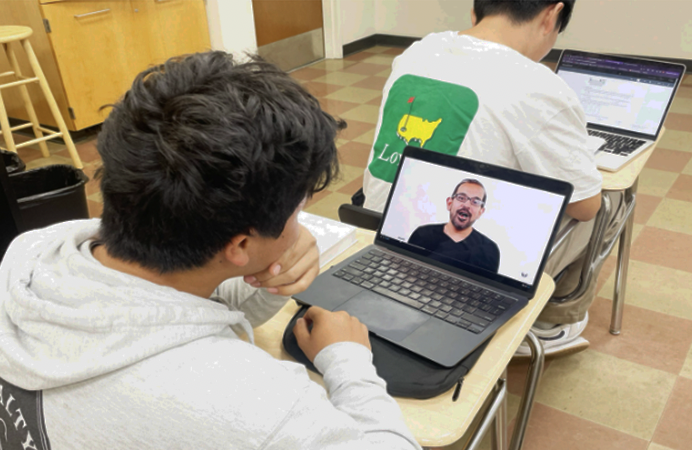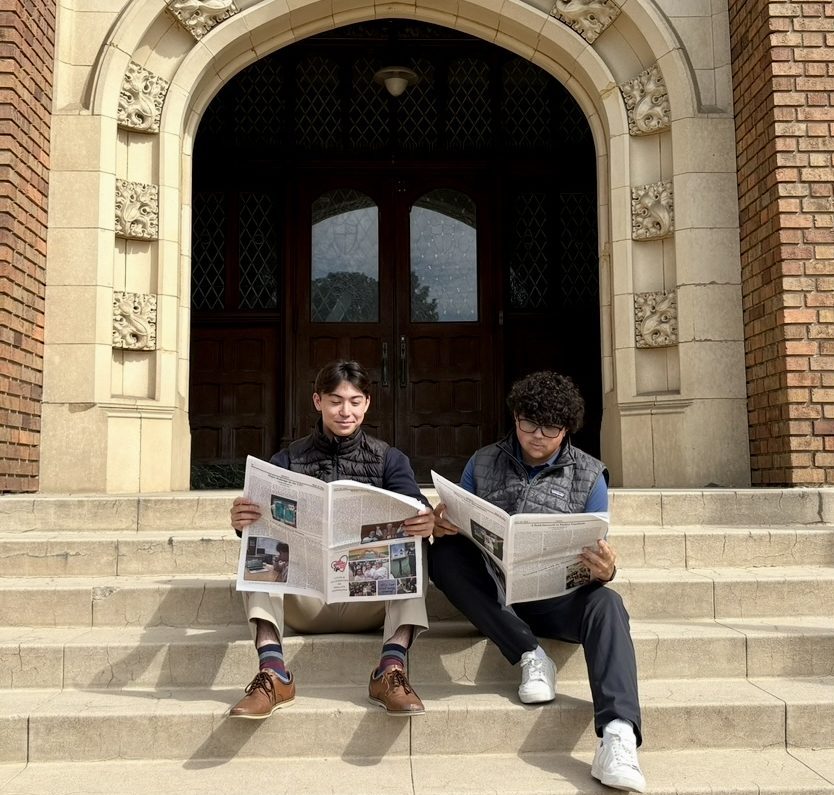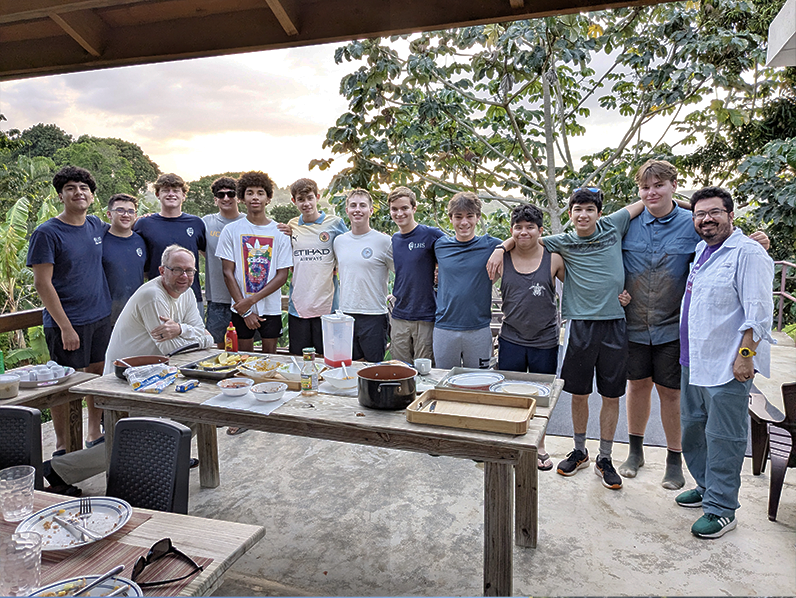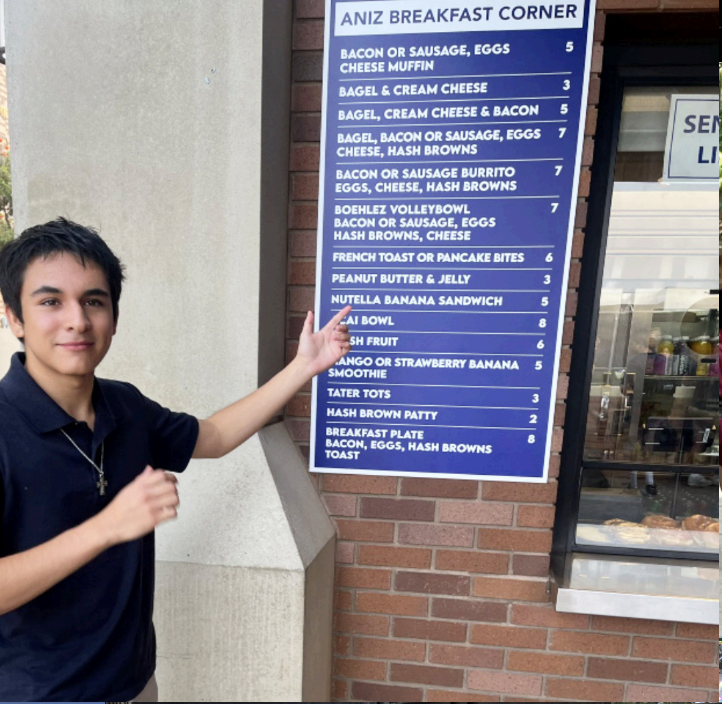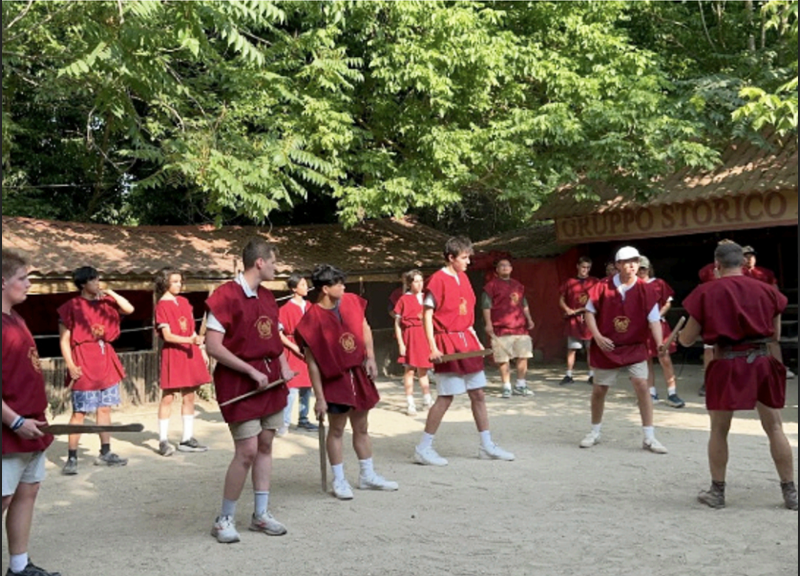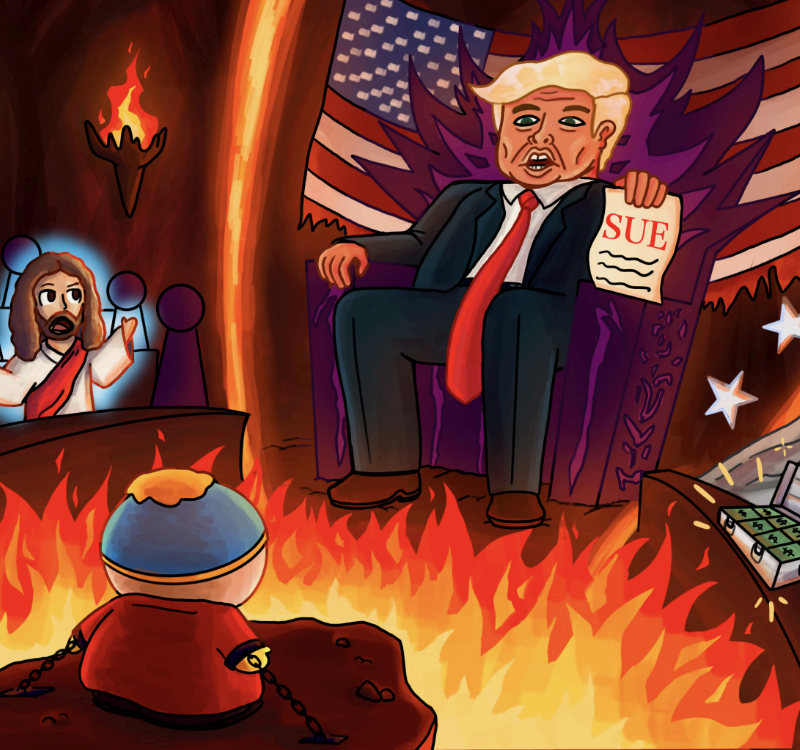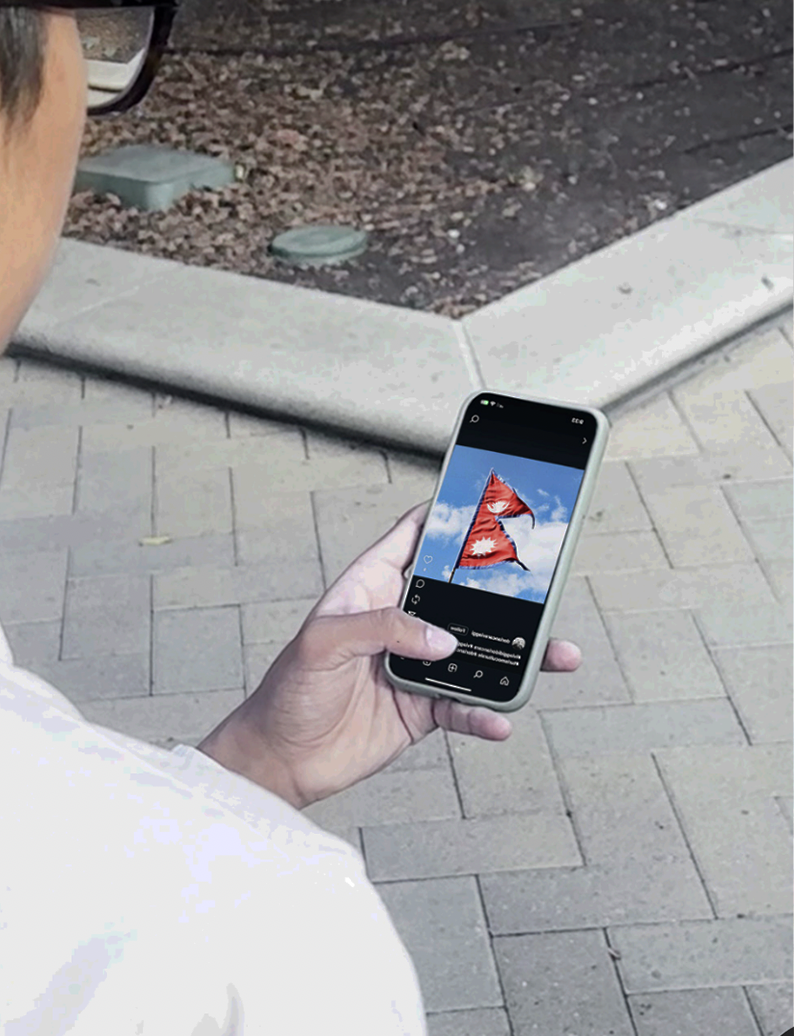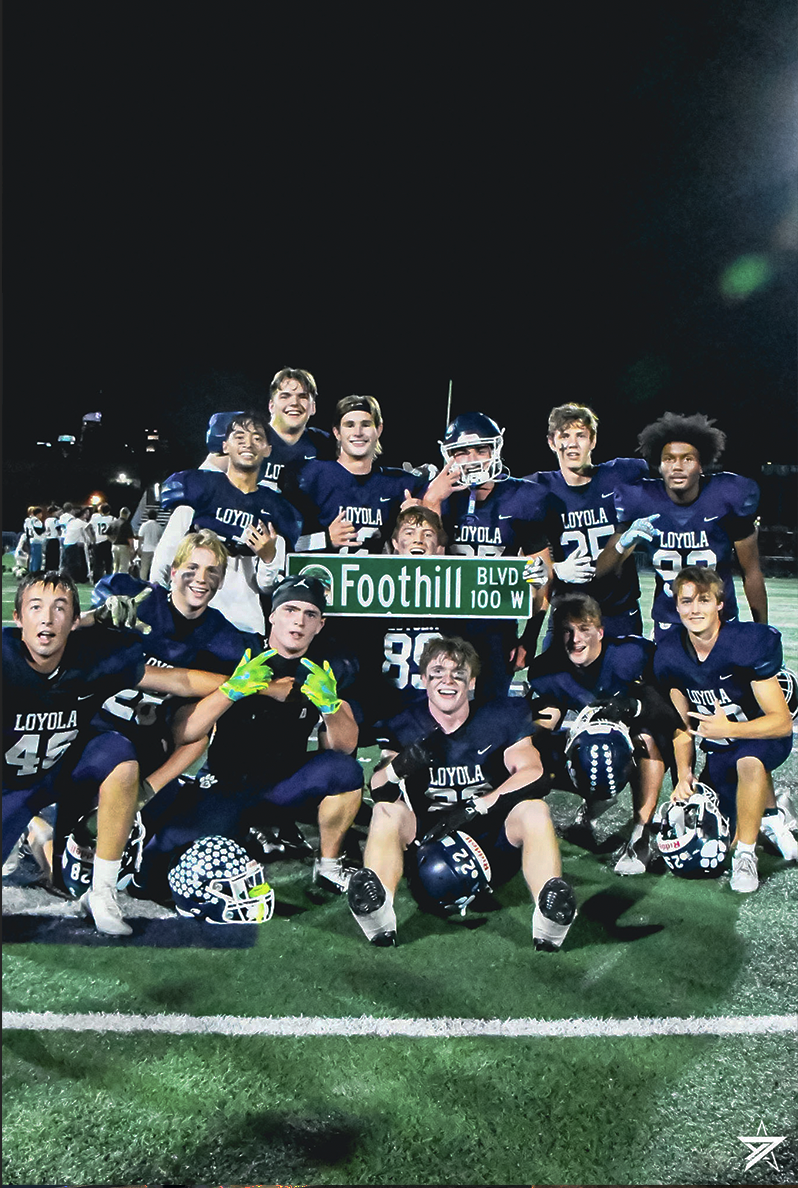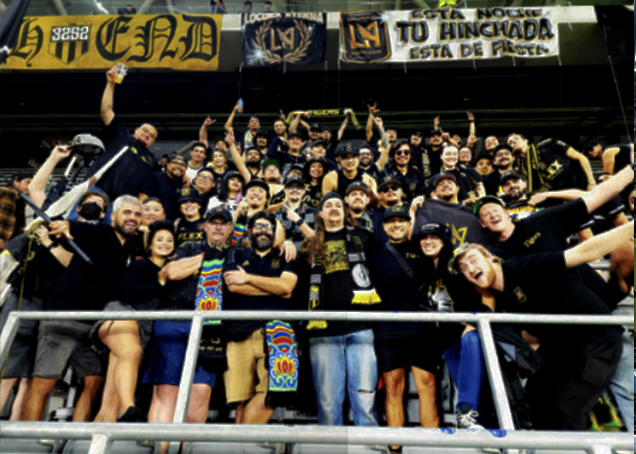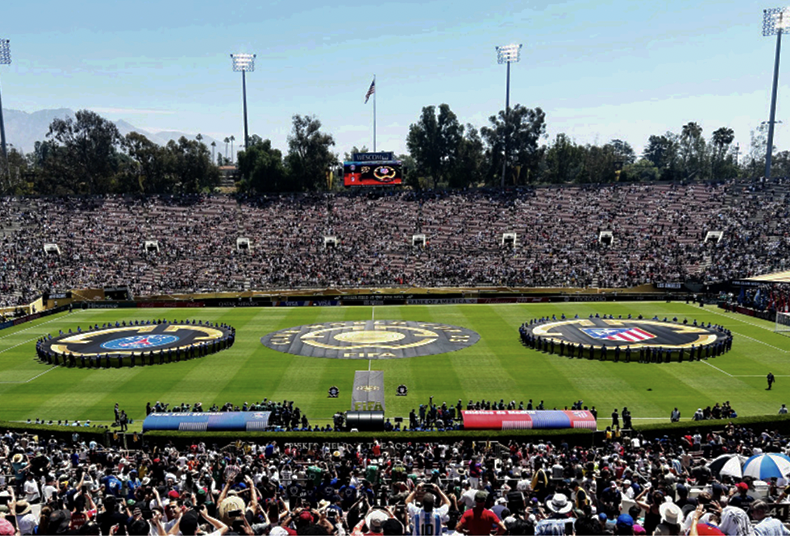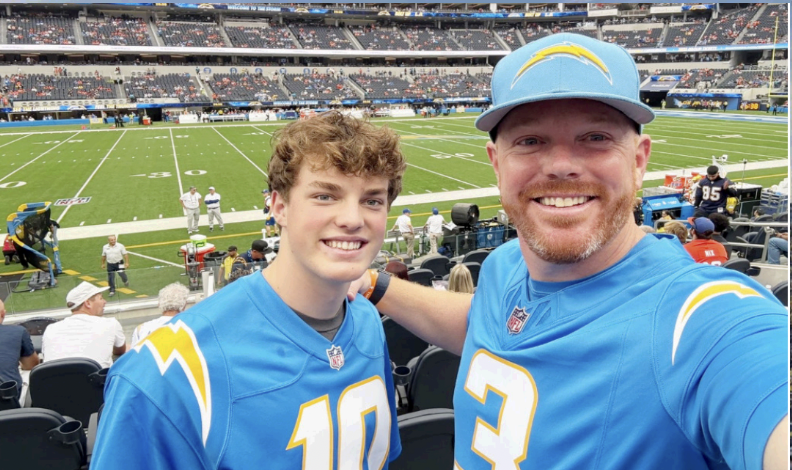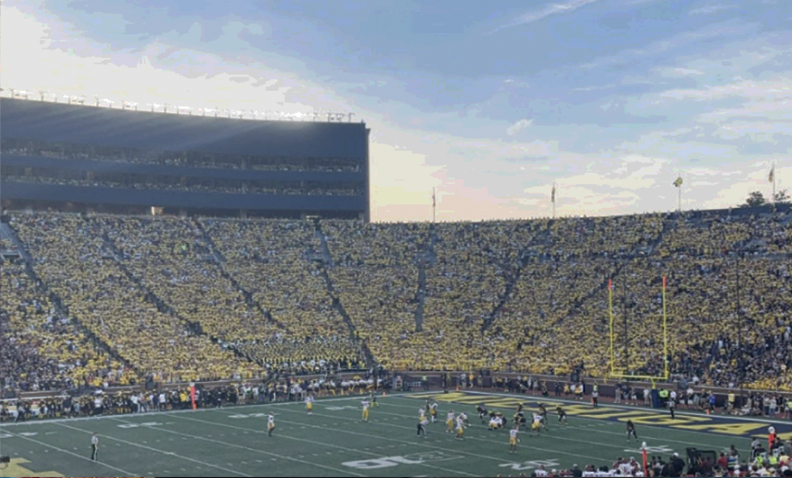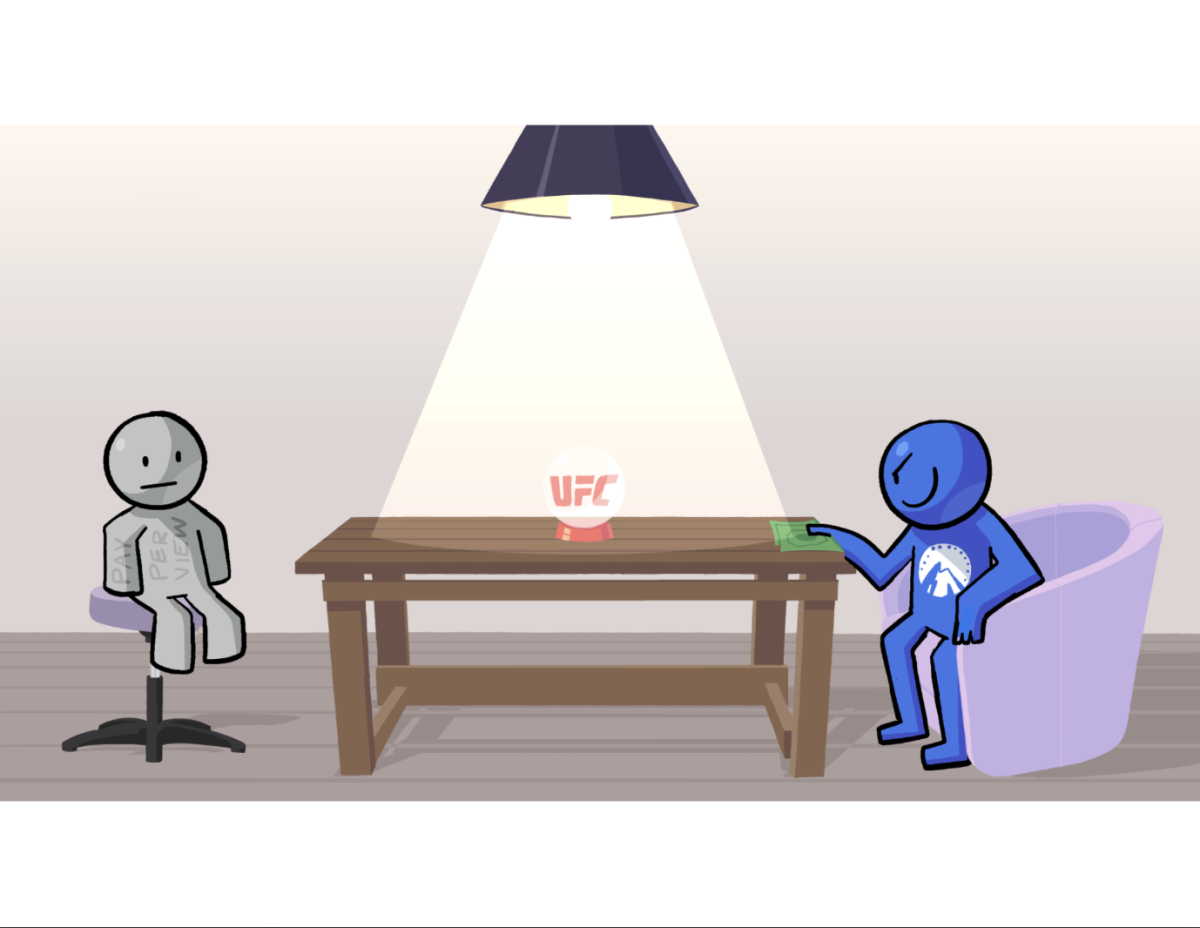College football has become an incredibly lucrative business, including multi-million dollar television contracts, coaching contracts and sponsorships, yet the athletes who generate the entertainment and production are financially let out to dry.
As the college football season comes to a close with the bowl season, money is flowing throughout the entire business. Whether it be athletic directors, stadium venues or game sponsors, everyone except the players seems to be making a profit. The irony of the whole situation stands in the fact that the players are the ones who have accumulated all statistics, highlights and wins for their team.
The fourth year of the College Football Playoff epitomizes the double-standard in college football. The first game of the 2018 playoff is “The 104th Rose Bowl Game presented by Northwestern Mutual”, and will be televised on ESPN. Northwestern Mutual paid $25 million over six years for the naming rights.
Georgia Head Coach Kirby Smart received a $500,000 bonus while Oklahoma Head Coach Lincoln Riley received a $75 thousand bonus, respectively for reaching the game.
ESPN is the rights holder of the aforementioned College Football Playoff for $5.6 billion.
No coach or executive at ESPN has thrown a pass, kicked a field goal, intercepted a pass or sacked the opposing quarterback this season. Meanwhile, the players attend year-long practices as well as maintain a standard GPA in college courses.
Players often miss returning home for the Thanksgiving break due to practices and a game. If the team qualified for a “New Year’s Six” bowl, they often times miss both Christmas and New Year celebrations back home with their family because of their commitment with the team.
Moreover, players are also left in the dust when it comes to the annual “coaching carousel” among Power 5 programs. This year alone, Scott Frost has left UCF for Nebraska, Jimbo Fisher from FSU to Texas A&M and Willie Taggart from Oregon to FSU. Each of these three coaches increased the total value of their contract, whether it be to $75 million for Jimbo Fisher or $30 million for Willie Taggart.
The coaches get to pick up everything and leave a school for a few million dollars more, but the athletes have to sit out a year before they play if they transfer. The only exception to the rule is if they have graduated, then they receive immediate eligibility.
In a market that produces billions of dollars, college football athletes receive zero fraction of the funds. If this market was isolated outside of the NCAA, no player would agree to be part of a system that generates such revenue. The players are practically pawns at the hands of the men who wear suits and never step foot on the playing field, unless it’s for the post-game trophy ceremony.








